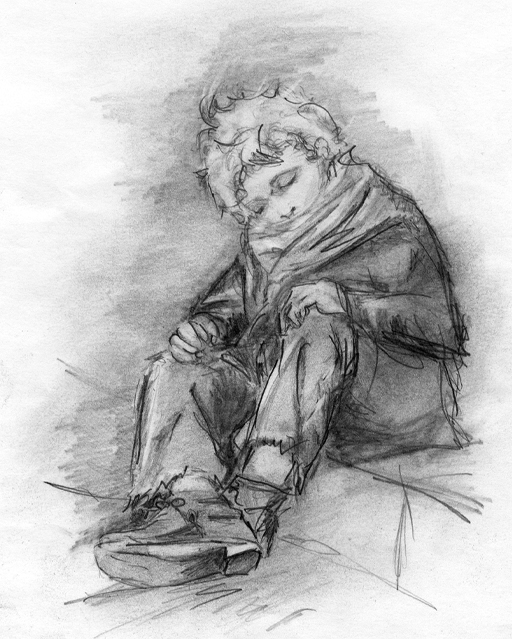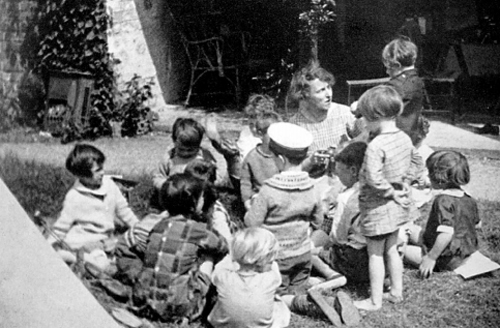1.1 Key events in the history of children’s mental health
Below is a timeline of key events, predominantly drawn from the United Kingdom, that have influenced the ways that children’s mental health is viewed in countries such as the UK.
1800s: lunatic asylums emerged and children regarded as psychiatrically unwell, including those with learning disabilities, were institutionalised and removed from mainstream society.
1895: Henry Maudsley, a pioneer of psychiatry, wrote a psychiatry textbook posing the question ‘how soon can a child go mad? … obviously not before it has some mind to go wrong, and then only in proportion to the quantity and quality of mind which it has’.
The late 1800s: there was a lack of clarity about the causes of mental health conditions in children. However, during this time, a growing understanding developed that children could be affected mentally by the ‘psychological damage’ caused by grief, such as melancholia, or, to use a more contemporary phrase, depression.
1889: adolescence started to become recognised as a distinct stage of life, and puberty was recognised as a significant ‘cause of insanity’. Maxime Durand-Fardel (1889), another doctor who was a pioneer in psychiatry, highlighted the existence of suicide in children.
1919–1930: educationists such as sisters Rachel and Margaret McMillan (1919) and Susan Isaacs (1929), who were pioneers in nursery education, published books to explain their views about the importance of early childhood education. Their work made significant contributions to understanding how children develop emotionally and socially. Their work and practice remains an influence in contemporary nursery education.
1936: Jean Piaget, a psychologist, developed his theory of children’s cognitive development, which clearly demonstrated that children think in different ways to adults.
The Second World War (1939–45) had a profound impact on many children’s mental health. The experiences of many children in the UK included being evacuated to places of physical safety away from their families to live with people who were unknown to them. In many cases, children’s experiences had a negative effect on their emotional development and on their mental health.
In order to see the connection between challenging life events and how this impacts on children’s mental health, in the next section you’ll read about the real-life account of a woman remembering her experiences as a child during the Second World War.


